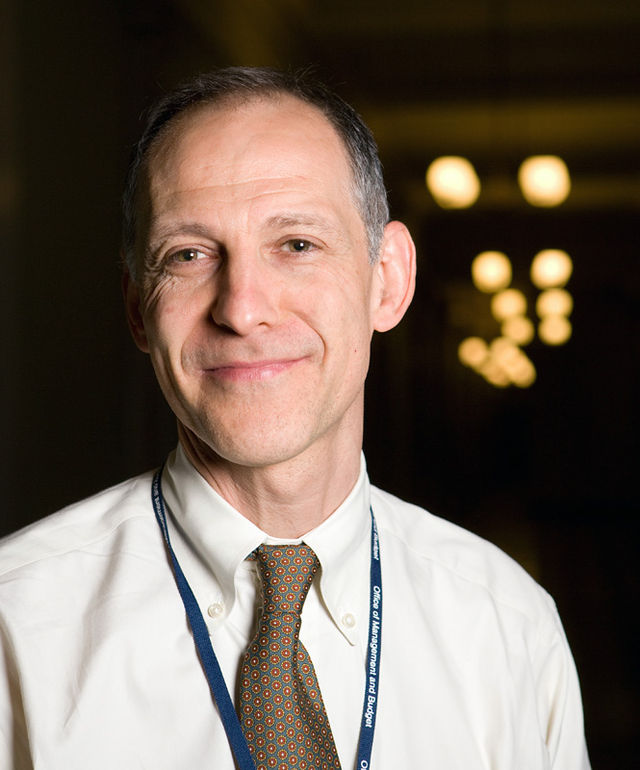In a recent article from The Atlantic, Dr. Ezekiel Emanuel discusses why he adamantly wants to die when he is 75 and hopefully no later. His main argument, before delving into the scientific research that backs up his opinion, is that living too long is just as much a loss for all involved as death is. The loss he alludes to from living longer is that “it renders many of us, if not disabled, then faltering and declining, a state that may not be worse than death but is nonetheless deprived” and “robs us of our creativity and ability to contribute to work, society, the world.” He also stresses, “We are no longer remembered as vibrant and engaged but as feeble, ineffectual, even pathetic.” He clarifies, however, that although he does not want to live past 75, it does not mean that he will choose to die either through euthanasia or physician-assisted suicide as soon as he reaches his desired age, because he has been actively against its legalization for a long time.
Emanuel argues that most Americans fit into a category that he calls “the American immortal” because many “seem to be obsessed with exercising, doing mental puzzles, consuming various juice and protein concoctions, sticking to strict diets, and popping vitamins and supplements, all in a valiant effort to cheat death and prolong life as long as possible.”
Emanuel argues that most Americans fit into a category that he calls “the American immortal” because many “seem to be obsessed with exercising, doing mental puzzles, consuming various juice and protein concoctions, sticking to strict diets, and popping vitamins and supplements, all in a valiant effort to cheat death and prolong life as long as possible.” According to him, these “American immortals” wholeheartedly believe in James Fries’ 1980 theory, “compression of morbidity,” which argues that the longer humans live, the healthier they will be—in essence, the decline of health period would be shorter and less severe. Dr. Emanuel strongly disagrees that this “quintessentially American idea” has led to people’s misleading thinking that living longer automatically guarantees that they will remain healthy up until they die. His stance is backed up by a USC study showing that “increases in longevity seem to have been accompanied by increases in disability—not decreases.”
Research, however, shows that in actuality “a typical age-creativity curve” would be “creativity rises rapidly as a career commences, peaks about 20 years into the career, at about age 40 or 45, and then enters a slow, age-related decline.”
The biggest types of deterioration that Dr. Emanuel focuses on in his article are those of mental functions and creativity. He states, “As we move slower with age, we also think slower.” When it comes to creativity, Emanuel claims that the American immortals want to believe cognizance will last until they die. Research, however, shows that in actuality “a typical age-creativity curve” would be that “creativity rises rapidly as a career commences, peaks about 20 years into the career, at about age 40 or 45, and then enters a slow, age-related decline.” Of course, there can be slight variations in the ages when people achieve the most, but very rarely do people 75 or older bloom as creatively as their younger counterparts, claims Emanuel. He also argues that parents who live past 75 place not only the burden of their children continuing to live in their shadows but that the wish for “memories of vitality will be crowded out by the agonies of decline.”
Dr. Emanuel’s advocacy for his strong desire to die at 75 stems from the fact that “it removes the fuzziness of trying to live as long as possible. Its specificity forces us to think about the end of our lives and engage with the deepest existential questions and ponder what we want to leave to our children and grandchildren, our community, our fellow Americans and the world. The deadline also forces each of us to ask whether our consumption is worth our contribution.”
What do you think about Dr. Emanuel’s “75 and no more” stance? Do you consider yourself to be more on the “American immortal” side or the “75 and no more” side? We look forward to your comments below.
Read more from Something Special here.

 Should 75 Be the Right Age to Die?
Should 75 Be the Right Age to Die?






 Harmony Amidst Change: Japan’s Kezouin Fuchu-shi Cemetery
Harmony Amidst Change: Japan’s Kezouin Fuchu-shi Cemetery















can’t wait to see what he has to say when he is 75. What a joke.
Report this comment
Yes I thought of that too ; – ) It can be like that in end of life. Some people change how they feel about things and others dont’t.
Report this comment